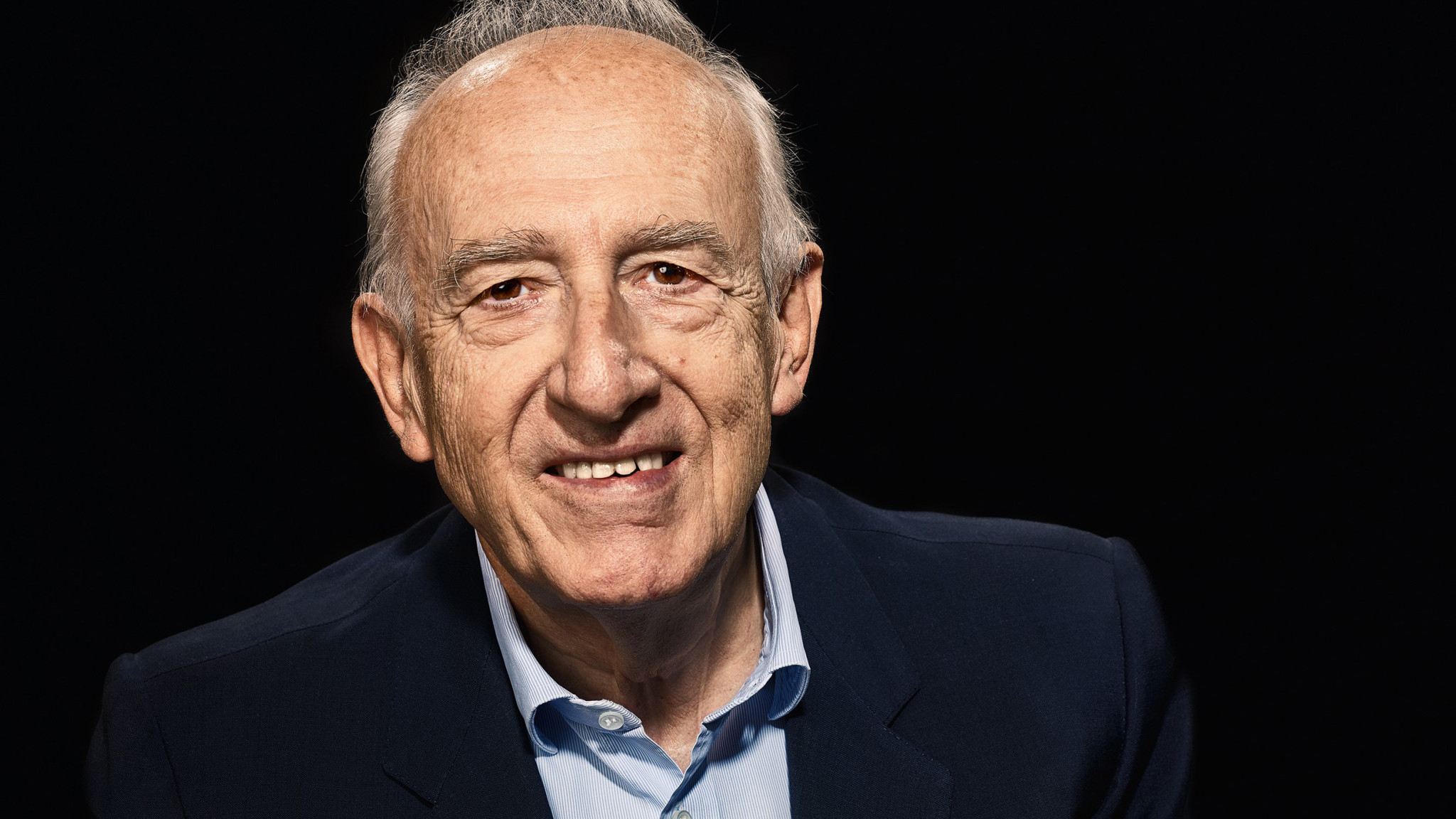Biography

Maurizio Pollini (5 January 1942 – 23 March 2024)
For more than 60 years Maurizio Pollini was a towering presence on the musical scene: the pianist who, at the age of 18, astounded jurors at the Sixth International Chopin Competition in Warsaw, and went on to become a byword not just for technical excellence but for a kind of profound artistic engagement entirely focused on the music, and not on the trappings of the great performer. Supreme in Beethoven and Chopin, an advocate for the music of his contemporaries, and a man of strongly-held political ideals, Pollini was a musician apart. That much was evident from the outset, when rather than plunging into a solo career after victory at the Chopin Competition, he instead took time to develop his musical interests and repertoire before re-emerging on to the musical scene with debuts in London and Berlin.
Born in Milan in January 1942 into an artistic family – his father was the modernist architect Gino Pollini, his mother the sister of the abstract sculptor Fausto Melotti – Pollini started piano lessons at the age of five, first with Carlo Lonati, then with the legendary Chilean-born virtuoso pianist Carlo Vidusso. The young Pollini completed his studies at the Milan Conservatory in 1959, sealing them with a performance of Chopin’s Études in the Sala Verdi, and after his sensational success in Warsaw, studied privately with Arturo Benedetti Michelangeli. Although his name was first associated with Chopin, and he made a celebrated early recording of the First Piano Concerto, Pollini was quick to extend his repertoire into contemporary music.
Boulez’s Second Sonata, for example, appeared on his 1972 debut disc for Deutsche Grammophon, which marked the beginning of more than five decades as an exclusive artist for the label. Also featuring Stravinsky, Prokofiev and Webern, this was a landmark recording that had critics reaching for superlatives. In 1986, when the CD transfer was released, Gramophone’s reviewer summed up everything that defined Pollini’s pianism: “human beings are not supposed to be able to play the piano like Pollini … another performance of the most phenomenal precision and acute expressive poise, every note precisely weighted, coloured, above all felt”.
Pollini shared with his friends and colleagues Claudio Abbado and Luigi Nono a notion of music as a form of civic engagement, and during the 1970s in particular his commitment was made manifest in concerts given in factories and schools. Also in that decade he gave the first performance of Nono’s …sofferte onde serene… for piano and tape, dedicated jointly to him and his wife Marilisa. Alongside such new work, the main focus of his repertoire was on Beethoven, Chopin, Schumann and the Second Viennese School, but he also recorded concertos by Mozart, Brahms and Bartók, and appeared with such legendary figures as Fischer-Dieskau in Schubert’s Winterreise and Rostropovich in Beethoven’s cello sonatas.
With Abbado and the Berliner Philharmoniker he recorded the five Beethoven piano concertos live in 1992–93, and then embarked on a major project of performing complete cycles of Beethoven’s piano sonatas in chronological order across seven evenings – an immersive Beethoven experience that he toured to various cities, from Milan and Vienna to London and New York. Meanwhile, his recording of the complete sonatas for the yellow label had got underway in 1977 with the release of the five last works, and finally reached completion in 2014.
The Salzburg Festival of 1995 saw the establishment of the “Progetto Pollini”, a series of concerts juxtaposing old and new repertoire. This was a practical demonstration of his conviction that the musical language of the best contemporary composers was as “strong and vibrant” as Chopin’s had been in his own time. As he later recalled, “I grew up in a house with art and artists. Old works and modern works co-existed as part of life. It went without saying”. The Progetto concept was revived in New York in 1999–2001, under the title “Perspectives”, and again in Rome in 2003 where, the year before, he had taken in part in the concert inaugurating the city’s new Auditorium Parco della Musica. Bach was a later addition to Pollini’s recital repertoire, and in 2009 the pianist’s recording of the first book of the Well-tempered Clavier was released. A series of concerts given in London in 2011 demonstrated the whole arc of his repertoire, stretching from Bach to Stockhausen by way of Beethoven, Chopin, Schumann and Debussy. Interviewed in 2019, he spoke of what playing every day meant to him: “Alone with music, inside the music, time stands still. Sometimes you even go backwards, you become a child again.”
In a sign of his enduring commitment, it was entirely in character that in May 2022 Pollini returned to the Sala Verdi of his alma mater, the Milan Conservatory, to raise funds for Ukraine with a charity concert of Schubert and, once again, Chopin.
3/2024